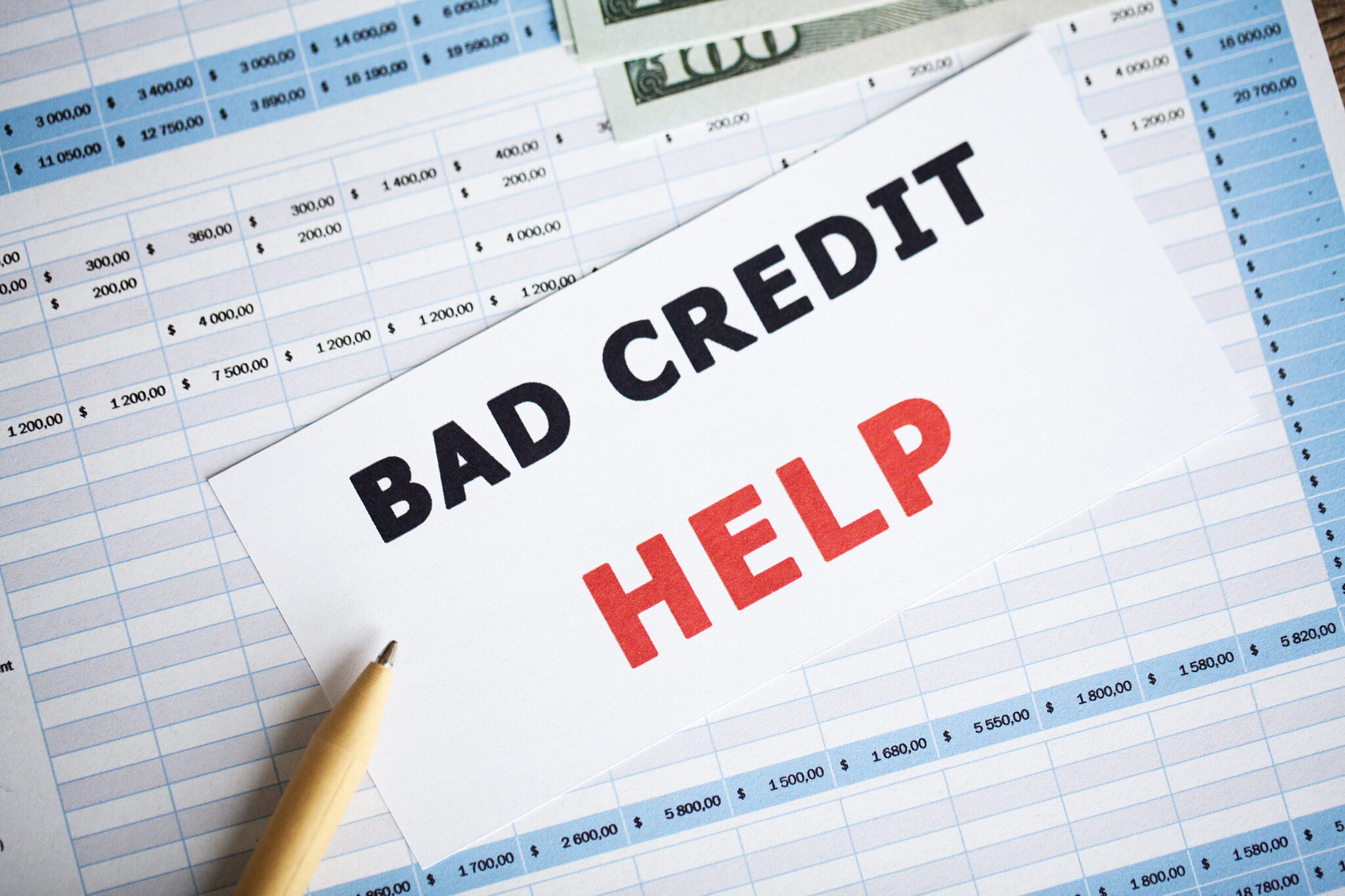Buying a home is one of the most significant financial decisions you’ll ever make, but if you have bad credit or no credit history, it can feel like an impossible dream. The good news is that with time, effort, and the right resources, you can improve your credit and position yourself to purchase a home. Here’s how to get started.
Understanding Credit and Why It Matters
Your credit score is a three-digit number that reflects your creditworthiness. It’s calculated based on factors such as your payment history, credit utilization, length of credit history, types of credit accounts, and recent credit inquiries. Mortgage lenders use this score to assess the risk of lending to you. The higher your score, the better your chances of qualifying for a loan with favorable terms.
A good credit score not only increases your chances of getting approved for a mortgage but also affects the interest rate you’ll pay. Even a small difference in interest rates can save you thousands of dollars over the life of your loan.
Steps to Fix Bad Credit
- Check Your Credit Reports
- Obtain free copies of your credit reports from all three major credit bureaus (Equifax, Experian, and TransUnion) at AnnualCreditReport.com.
- Review your reports for errors, such as incorrect account balances or accounts that don’t belong to you.
- Dispute inaccuracies directly with the credit bureaus. Corrections can take 30-45 days to process.
- Pay Bills on Time
- Payment history accounts for 35% of your credit score. Set up reminders or automatic payments to ensure you never miss a due date.
- If you’re behind on payments, get current as quickly as possible and stay current.
- Reduce Credit Card Balances
- Aim to keep your credit utilization below 30% of your credit limit. For example, if your credit limit is $10,000, try to keep your balance under $3,000.
- Pay down high-interest credit card debt first, but don’t neglect minimum payments on other accounts.
- Avoid New Credit Applications
- Each application results in a hard inquiry, which can lower your score slightly. Limit new applications until your credit improves.
- Negotiate with Creditors
- If you have accounts in collections, consider negotiating a settlement. Some creditors may agree to accept a lower amount as full payment and update your account status.
- Seek Help from Credit Counselors
- Nonprofit credit counseling agencies can help you create a debt management plan and negotiate with creditors. Look for agencies accredited by the National Foundation for Credit Counseling (NFCC).
Building Credit History
If you have little or no credit history, here are ways to establish credit:
- Apply for a Secured Credit Card
- Secured cards require a refundable deposit, which acts as your credit limit. Use the card responsibly and pay the balance in full each month.
- Become an Authorized User
- Ask a trusted family member or friend with good credit to add you as an authorized user on their credit card. You’ll benefit from their positive payment history.
- Use a Credit Builder Loan
- Offered by credit unions and some banks, these loans are designed to help you build credit. You make monthly payments, and the funds are released to you once the loan is paid off.
- Report Rent and Utility Payments
- Some services, like Experian Boost, allow you to add on-time rent and utility payments to your credit report, potentially boosting your score.
How Long Does It Take to Fix Credit?
Improving your credit takes time and patience. Here’s what you can generally expect:
- Short-term improvements (1-3 months): Correcting errors on your credit report and paying down high credit card balances can lead to quick gains.
- Medium-term improvements (6-12 months): Establishing a pattern of on-time payments and reducing debt can significantly boost your score.
- Long-term improvements (1-2 years or more): Rebuilding a damaged credit history or establishing a solid credit history from scratch requires consistent effort over time.
Resources to Help You
- AnnualCreditReport.com: Access your free credit reports.
- NFCC.org: Find accredited credit counseling agencies.
- MyFICO.com: Learn more about how credit scores work.
- Experian Boost: Add rent and utility payments to your credit report.
- Local Credit Unions: Many offer credit builder loans and financial education programs.
Working with Lenders
Different lenders have varying requirements for credit scores. While some may require a score of 620 or higher, others specialize in working with buyers who have lower scores. Keep in mind that the lower your score, the higher the interest rate you’ll likely pay.
Government-backed loans, such as FHA loans, are more lenient, often allowing scores as low as 500 with a larger down payment. VA and USDA loans may also have flexible credit requirements for eligible buyers.
Call to Action: Let’s Make Your Homeownership Dream a Reality
Improving your credit is a journey, but it’s one worth taking to achieve your goal of homeownership. As a Realtor, I’m here to guide you every step of the way. Once your credit is in good shape, I can connect you with lenders who specialize in working with buyers like you. Together, we’ll find the perfect home that fits your needs and budget.
Start your journey today. Reach out to me, and let’s create a plan to turn your dream of owning a home into a reality!




